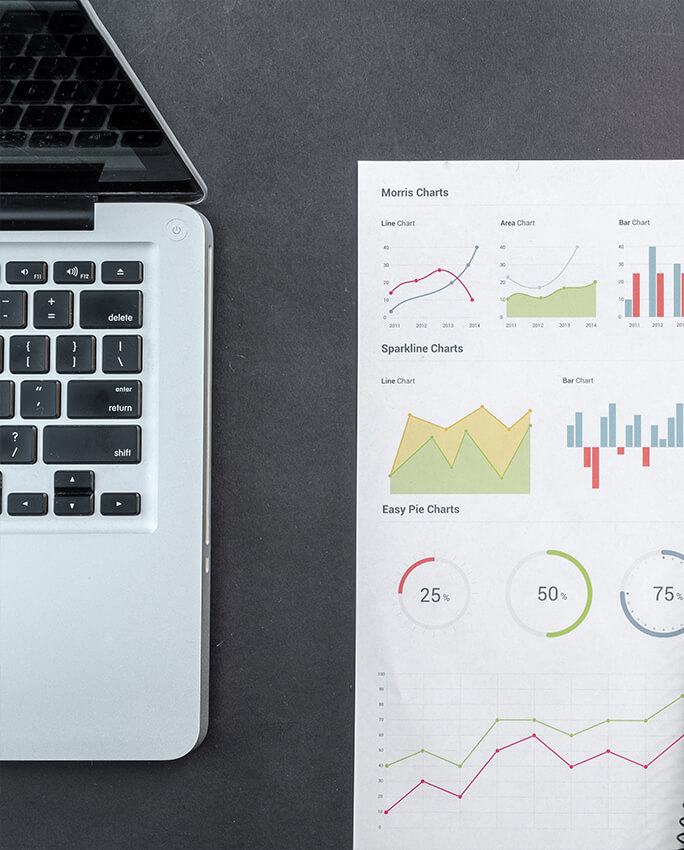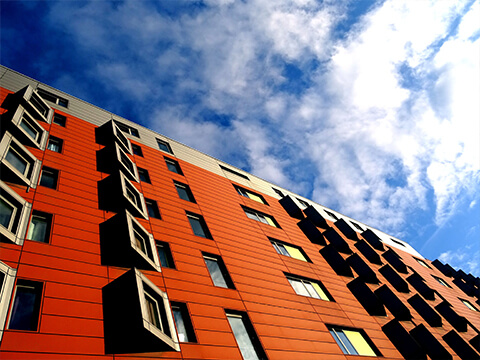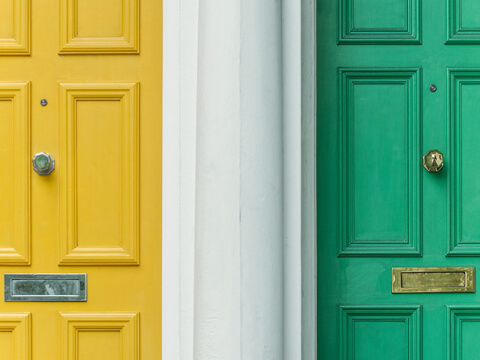 All businesses must eventually answer the question to lease or buy their office and/or manufacturing facility.
All businesses must eventually answer the question to lease or buy their office and/or manufacturing facility.
Making a decision between building commercial building or leasing comparable space, can be difficult. It will require some analysis and assumptions about the future of the business and economy. How long would the building be in use? In general, there is a rule of thumb that if a business is going to be in one location for less than seven years, leasing is preferred. If the intention is to stay for more than seven years, investing in commercial real estate is probably a better choice.
When the question is whether it is better to lease or buy, there are other issues to consider. Location and the building itself are important factors. Choosing between available options can be a difficult choice, the process requires thought and research. Is buying the best option? Is leasing a better option?
Buying a Commercial Structure
What are the advantages of buying commercial real estate? As the owner, you will be building equity in the project. If the construction has been financed by a mortgage or a loan, loan payments are generally fixed. Any appreciation in the value of the asset goes to you as the owner. The owner has control of the property.
This is important should there be special needs or requirements in the manufacturing process that affect the building. For example, a manufacturing process that includes painting may have a specific ventilation need. A different business might have a need for safe and dry inventory storage.
In weighing the alternatives, it is important to remember that there are some tax advantages available in terms of depreciation and interest paid in conjunction with the financing. There can be an opportunity for rental or passive income from outside tenants renting or leasing a portion of the facilities.
What about the disadvantages of buying? First, there will be a down payment. In addition to having access to cash for the down payment, an account for future mortgage payments should be established. Upfront expenses related to purchase can be substantial and add up quickly. As an owner, you will be responsible for maintenance, repairs and taxes of the commercial real estate. A substantial amount of capital can be tied up and often there is little liquidity available. The flexibility of location can be limited by what is available in the market.
Leasing a Commercial Structure
What advantages are there to leasing? First, there is often more flexibility for location. There are instances where a renter can find a better location or building to lease than if they rented. While a lease confines you to a specific location, a lease containing a right of first refusal can provide you with the possibility to expand using substantially less capital if and when space at a current location becomes available.
There are other benefits to leasing as well. Security deposits are generally less than the required down payments for purchasing a building. The landlord is generally responsible for making repairs and maintenance on the property which can help ease the burden of operating your business. In addition, the lessor can relocate without penalty at the end of the lease.
On the other hand, there are disadvantages to lease. Any and all leasehold improvements made become the property of the owner. It is possible that an owner would not allow a tenant the right to make any alterations to the property. The owner has the benefit of any increase in the value of the property. Rents and lease payments can go up over time. There is generally no opportunity for passive income if the lease includes a clause that does not allow subletting. The lessee has no control over the facility.
All things considered, the decision to lease or buy, requires thought and consideration.






